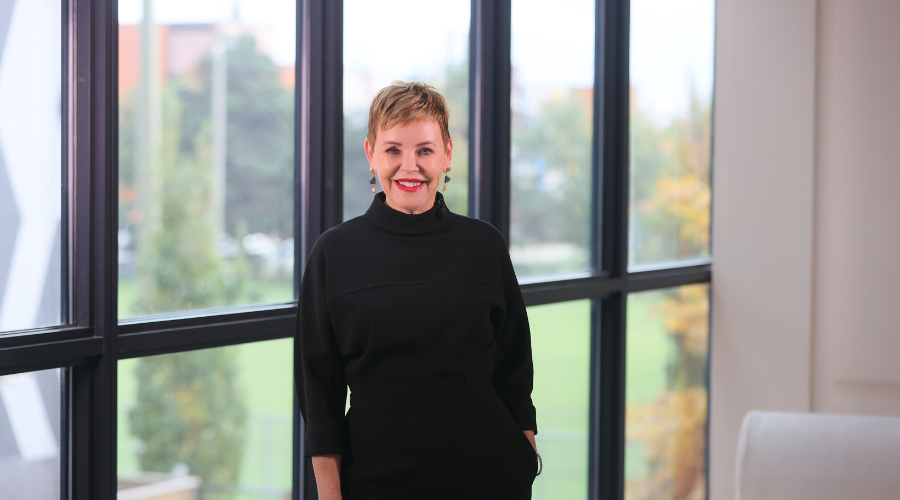I have a confession to make. Although I purchased a weekend pass to the Curious Minds at the Hot Docs Ted Rogers Festival in Toronto, I missed the first night. It was billed as “three days of on-stage in-depth discussions,” and I thought I had plenty of time to partake.
On that first night Naomi Klein was speaking about climate change, and I couldn’t force myself to hear how rapidly the climate catastrophe was unfolding. After all, the temperature hit 17 degrees Celsius only days earlier. I knew how bad things were. Everybody does. There were massive floods in California and a deluge of refugees, the biggest since World War II, spreading across the globe. Climate change is becoming one of the main reasons why people abandon their homes.
The other reason I stayed away on that first night, I must confess, is that I was certain I would be the oldest person in the room. What other sixty-five year old would venture out on a rainy Friday night to hear an activist speaker recite tales of woe and strife rather than stay at home watching The Good Fight? Or glued to a digital screen, where I spend so much of my working life and or dither away so much of my leisure time. (I could be reading).
But I was dead wrong about the composition of the audience. And I’d almost forgotten the excitement of hearing intelligent, controversial thinkers engage in important debates in person.
The next morning, armed with a fur hat and wool mittens, (the temperature had plummeted to below zero) I stood in line to hear authors Cecil Foster, Lee Maracle, Charlotte Gray and Joseph Boyden exchanging views about the complicated, and at times, heartbreaking process of writing Canadian history.
My surprise was that it was entirely possible that I was younger than the average audience member. For certain, I was in a theatre filled to the rafters, with people my age or older, all intently listening to distinguished writers discussing how to get at the truth of our shared national past.
Two things stood out for me. The first was how our generation of older adults is staying close to the action, questioning old assumptions, searching for answers to the wrongs of the past. The second was how difficult it is to come to terms with the history of the native people in Canada, which was the central inquiry of this panel.
The moderator Denise Balkisoon, an editor from the Globe and Mail asked, “On the 150th celebration of Canada, how can writers prepare a more honest and passionate portrait of the past.”
Lee Maracle is a First Nations Coast Salish poet and author. Charlotte Gray was born in England and has written multiple treatments of Canadian history; Cecil Foster is a Canadian novelist, essayist, journalist, and scholar originally from Barbados while Canadian-born Giller Prize winner Joseph Boyden’s very native heritage is being called into question. He’s the author of three novels, including The Orenda, which portrays the harshness of native life. Three of the speakers are seniors, with Boyden being the only writer under sixty. The audience connected with the speakers and with their careful responses to questions, their soul-searching about who has the authority to speak for and about any diverse or unique group in the ever-evolving Canadian mosaic.
Our generation remembers the cigar store Indian caricature, or having seen cowboy and Indian westerns at the movies. As a kid, I loved westerns more than anything, more than Disney. The Lone Ranger was my hero and for a full year I wore a cowboy hat and a toy gun and holster around the house. This was at the same time as native kids were torn from their parents and thrown into residential schools.
When I was at university studying literature, Canadian Confederation poet Duncan Campbell Scott, who was the deputy superintendent of the Department of Indian Affairs from 1913 to 1932, was touted as a great writer and humanitarian. Scott wrote powerful poems about native people, but he was also the prime mover behind total assimilation —and residential schools— for indigenous children.
It was the 1970s when my CanLit class read Scott. This is Scott’s most sensitive work, “The Height of Land,” the poem that I’ve remembered for more than forty years:
| HERE is the height of land: The watershed on either hand Goes down to Hudson Bay Or Lake Superior; The stars are up, and far away |
| The wind sounds in the wood, wearier Than the long Ojibwa cadence In which Potàn the Wise Declares the ills of life And Chees-que-ne-ne makes a mournful sound |
| Of acquiescence. |
At exactly the same time as D.C. Scott was writing poetry, he was also arguing:
“I want to get rid of the Indian problem. I do not think as a matter of fact, that the country ought to continuously protect a class of people who are unable to stand alone…Our objective is to continue until there is not a single Indian in Canada that has not been absorbed into the body politic and there is no Indian question, and no Indian Department.”
Later that day, the line outside the Hot Docs cinema was even longer. I stood among people my age, with a few younger folks in the mix. Again seniors made up the majority of the audience. We are still searching for a deeper understanding of where our country and our role in it is headed.
I came away from the weekend feeling renewed. It’s not that centuries-old problems can be solved just by talking, but I was heartened by older Canadians who have done anything but give up on the best way to tackle them.
Older adults have the time, patience, and dare I say, wisdom to examine issues through a long lens. We might be the right people to come up with some meaningful solutions.






























